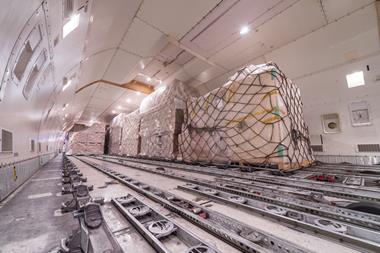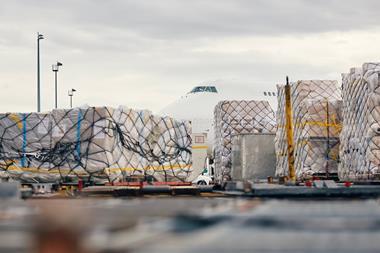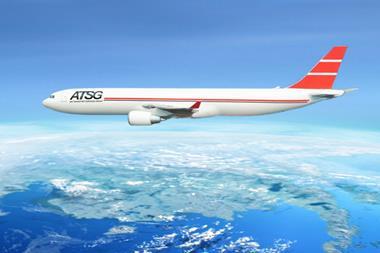Air cargo collaboration projects are facing make or break time as those that contribute positive developments to the industry thrive and those that achieve little begin to fail.
During the Air Cargo China event in Shanghai, a panel session explored the benefits of the many collaboration projects and cargo communities that have been launched over recent years.
However, it was also suggested that while many of these projects yielded tangible benefits in the areas of supply chain efficiency, visibility and quality, others had not had as many successes and now faced a difficult future.
Brussels Airport head of cargo Stephen Polmans, who is a leading member of several organisations including Air Cargo Belgium, Pharma.Aero and Tiaca, said: “There are many organisations and I think in the next few years we will see a clean-up of those groups.
“Those organisations that today are not really delivering, people will not choose to join. You cannot be a member of ten organisations. Those that are delivering will survive and the others will disappear.
“If your group is just organising a conference once a year and not doing more than that, people are not going to devote time to it.”
Overall, he said that the various collaboration projects were working hard to overcome obstacles in the industry such as fragmentation and were now beginning to make good progress.
Swiss WorldCargo head of business development and customer experience Andes Perez added that his airline would not join collaboration projects if other airlines were members.
He explained that while multiple airports could join these groups because they did not necessarily compete if they are from the other side of the world, all airlines could potentially become competitors.
He said for Swiss WorldCargo to join an organisation it must offer an added-value that competitor airlines cannot gain access to.
“Airlines cannot partner up and I don’t want to partner up because they are my competitors,” he said, later adding: “We are quite a lean organisation at Swiss WorldCargo and we have both hands full with boards and groups just from IATA, so every other alliance group or initiative we join gives an additional work load so we have to choose wisely – if it brings an added value.”
Miami International Airport section chief aviation marketing Jimmy Nares later pointed out that Brussels Airlines, Singapore Airlines were both part of the Pharma.Aero group.
Turkish Cargo special cargo manager Bahadir Buyukkaymaz said that he felt there were benefits to several airlines joining a group.
“As a business entity you need to get something in return," he said. "Everyone wants to make money so it helps when you collaborate with other stakeholders as you can learn from each other’s experiences.
“We are not afraid to sit around the table with other airlines because when we listen to them, we learn from their own past experiences and we take that example into our own organisation and we try to implement what we have learned and that is how we improve operational quality.”
Read more air cargo policy news










